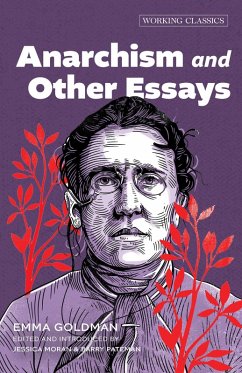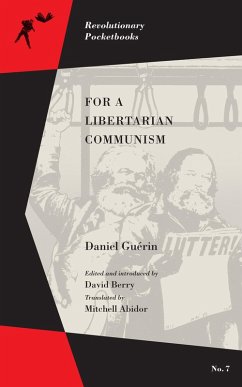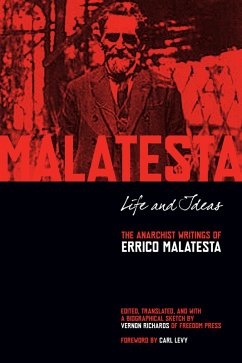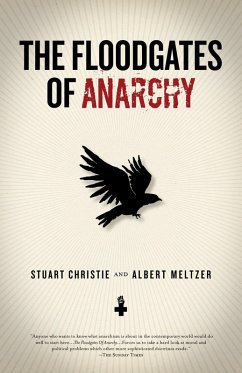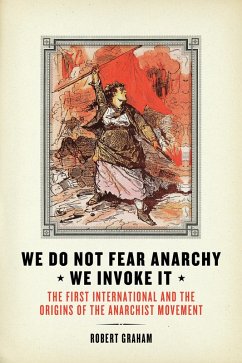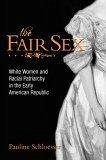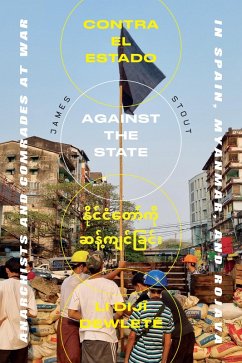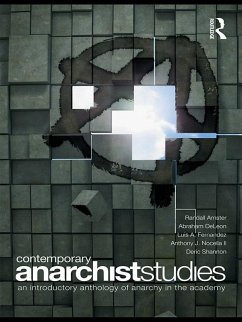
Anarchy and the Sex Question (eBook, ePUB)
Essays on Women and Emancipation, 1896-1917
Redaktion: Wilbur, Shawn P.
Versandkostenfrei!
Sofort per Download lieferbar
5,99 €
inkl. MwSt.
Weitere Ausgaben:

PAYBACK Punkte
3 °P sammeln!
For Emma Goldman, the "High Priestess of Anarchy," anarchism was "a living force in the affairs of our life, constantly creating new conditions," but "the most elemental force in human life" was something still more basic and vital: sex."The Sex Question" emerged for Goldman in multiple contexts, and we find her addressing it in writing on subjects as varied as women's suffrage, "free love," birth control, the "New Woman," homosexuality, marriage, love, and literature. It was at once a political question, an economic question, a question of morality, and a question of social relations.But her ...
For Emma Goldman, the "High Priestess of Anarchy," anarchism was "a living force in the affairs of our life, constantly creating new conditions," but "the most elemental force in human life" was something still more basic and vital: sex.
"The Sex Question" emerged for Goldman in multiple contexts, and we find her addressing it in writing on subjects as varied as women's suffrage, "free love," birth control, the "New Woman," homosexuality, marriage, love, and literature. It was at once a political question, an economic question, a question of morality, and a question of social relations.
But her analysis of that most elemental force remained fragmentary, scattered across numerous published (and unpublished) works and conditioned by numerous contexts. Anarchy and the Sex Question draws together the most important of those scattered sources, uniting both familiar essays and archival material, in an attempt to recreate the great work on sex that Emma Goldman might have given us. In the process, it sheds light on Goldman's place in the history of feminism.
"The Sex Question" emerged for Goldman in multiple contexts, and we find her addressing it in writing on subjects as varied as women's suffrage, "free love," birth control, the "New Woman," homosexuality, marriage, love, and literature. It was at once a political question, an economic question, a question of morality, and a question of social relations.
But her analysis of that most elemental force remained fragmentary, scattered across numerous published (and unpublished) works and conditioned by numerous contexts. Anarchy and the Sex Question draws together the most important of those scattered sources, uniting both familiar essays and archival material, in an attempt to recreate the great work on sex that Emma Goldman might have given us. In the process, it sheds light on Goldman's place in the history of feminism.
Dieser Download kann aus rechtlichen Gründen nur mit Rechnungsadresse in A, D ausgeliefert werden.





